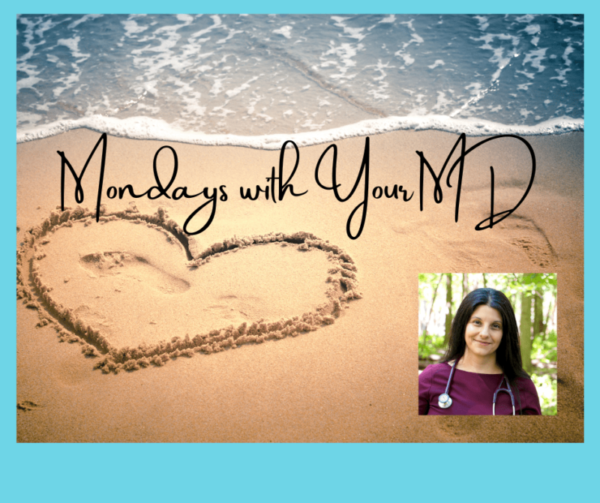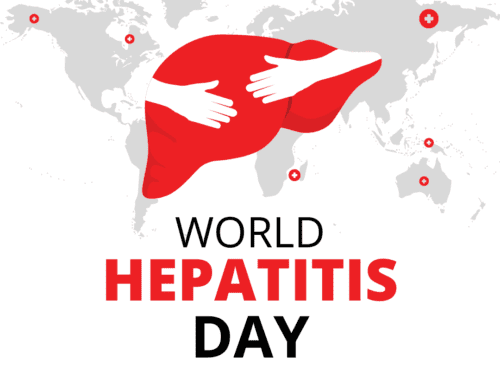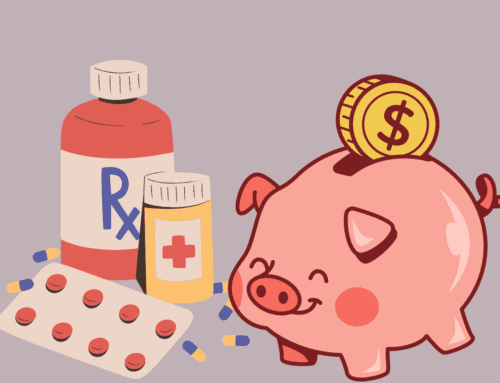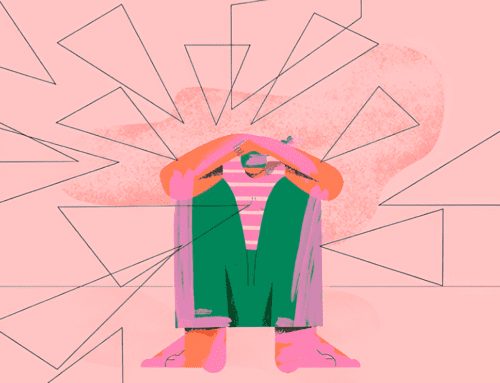Why am I always tired? How tired is too tired?
Today we are exploring the difference between “being tired” and fatigue which often underlies a more serious medical problem.
Tiredness happens to everyone – it’s an expected feeling after certain activities or at the end of the day. Usually, a good night’s sleep solves the problem.
Fatigue is a daily lack of energy – unusual or excessive whole-body tiredness not relieved by sleep. Fatigue can prevent a person from functioning normally and affects a person’s quality of life.
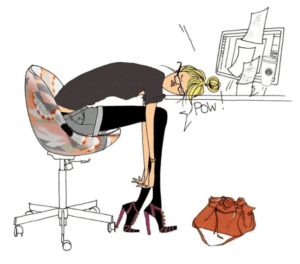
What are the most common causes of fatigue?
Lifestyle Factors
Taking an honest inventory of things that might be responsible for your fatigue is often the first step toward relief.
Evaluating the following can have an enormous impact on levels of fatigue:
- Exercise
- Nutrition
- Alcohol use
- Medications
- Routines
Modifications can often dramatically impact levels of fatigue.
Medical Factors
Underlying Medical Conditions that commonly cause Fatigue:
- Anemia: iron deficiency anemia is a common blood disorder that makes it hard for your blood to move oxygen to your organs.
- Thyroid problem: this small butterfly-shaped gland that sits in your neck regulates your metabolism and energy levels. When thyroid gland out of whack, you’re out of whack.
- Depression: untreated and undiagnosed depression can rob your brain of the chemicals needed to work its best causing low energy levels and fatigue.
- Infections, Sleep Apnea, Heart Disease are common problems that can manifest the symptom of fatigue as well.
Recap
Many physical and mental illnesses, as well as lifestyle factors, can cause your fatigue, and that can make it hard to diagnose. In some cases, it might be something simple and easy to fix, like having caffeine at bedtime. But other causes, like heart disease or COPD, are serious, and you may need to start long-term treatment right away.
Your doctor can help you sift through your health issues, as well as diet, exercise, and other lifestyle habits, on order to zero in on the cause and help you on the road to recovery.


